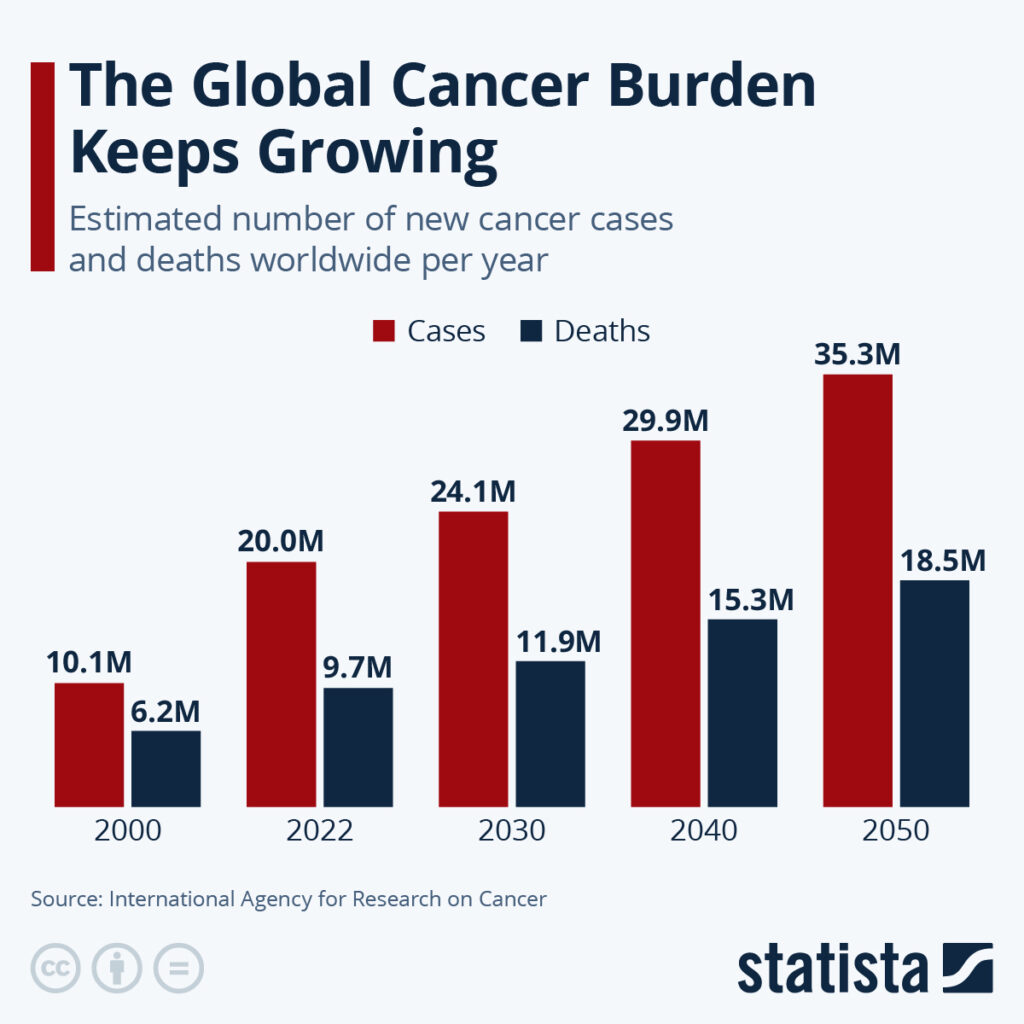It’s a disturbing mystery that has drawn the attention of investigators from across Memorial Sloan Kettering Cancer Center (MSK).
Why are a growing number of young people under 50 being diagnosed with over a dozen forms of cancer around the world? This trend is especially worrying in women, according to statistics released in January 2025 by the American Cancer Society, which found that cancer incidence rates “in women under 50 are now 82% higher than their male counterparts, up from 51% in 2002.
” This nationwide concern is a Time magazine cover story, “The Race to Explain Why More Young Adults Are Getting Cancer,” which features MSK patients and experts.
It is staggering, Mr Bourla!
Pfizer CEO, Albert Bourla:
— Died Suddenly (@DiedSuddenly_) April 28, 2023
"I truly think the best days of Pfizer are ahead of us, because Covid was for me like a rehearsal."
They are going to do it again. pic.twitter.com/Q7cylT2fAs

Pfizer CEO Alberta Bourla announces the purchase of Seagen cancer treatment biotech. He says “1 in 3 people in the world are going to have cancer in their lifetime… 🧐
Acquires Seagen, a cancer drugmaker with ONLY $2.2 billion in sales.But Pfizer bets $43 BILLION on it, a global explosion of “turbo cancers.” Pfizer said…
Pfizer CEO Albert Bourla announces the purchase of Seagen cancer treatment biotech. He says "1 in 3 people in the world are going to have cancer in their lifetime".. By Coincidence, the Pfizer Covid Vax has been linked to increased Cancer 🧐 A match made in heaven 💰 pic.twitter.com/JFtHNTITDn
— Veritas Vox (@veritas__vox) March 13, 2023
